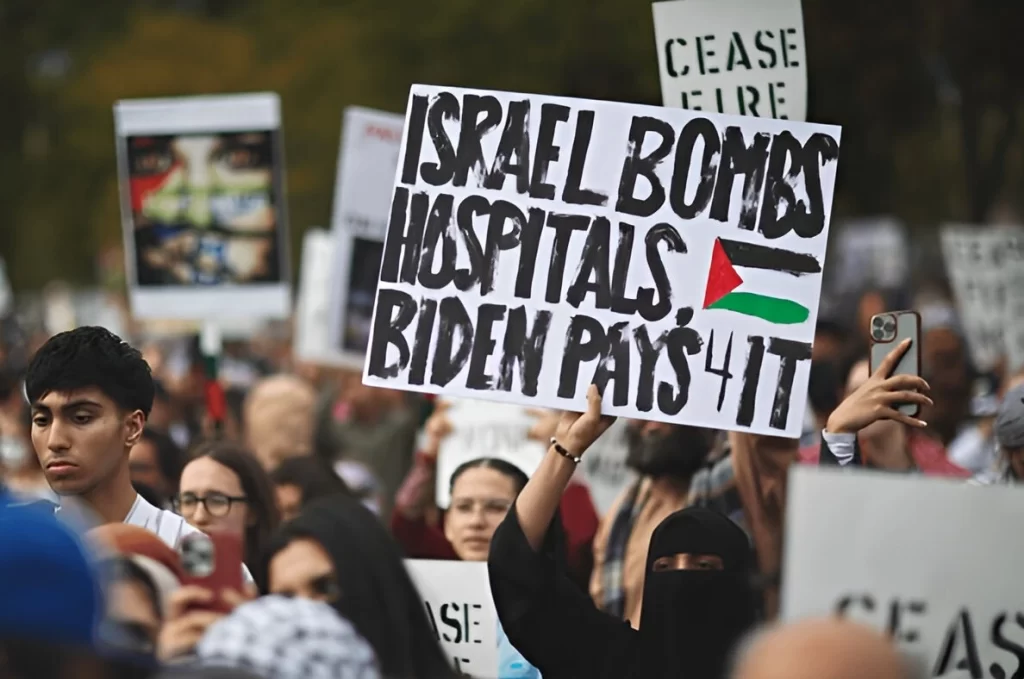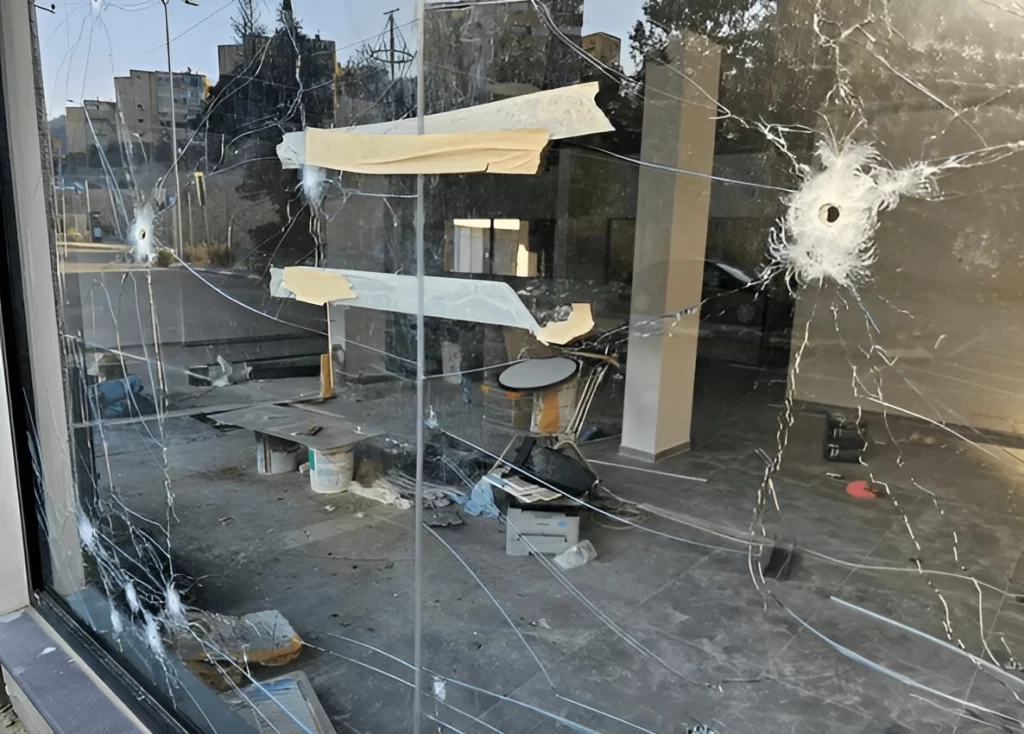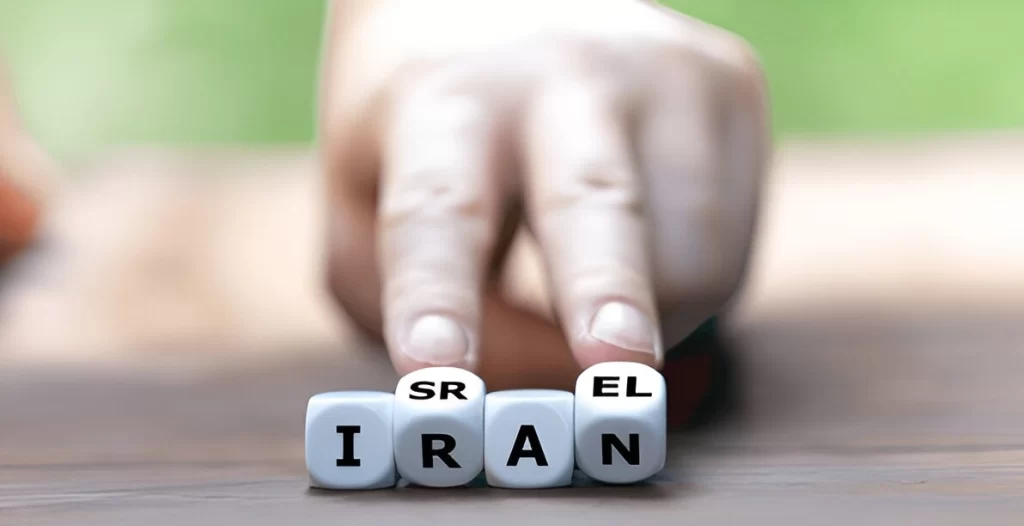An Historical Perspective On Conflict
The conflicting relationship of Iran and Israel is not new. It can be traced back to one of the sociopolitical phenomena characteristic of the distant past. The break point was the Iranian revolution of 1979 when the Iranian revolution led to the transformation of Iran into the Islamic republic with anti Western outlook, which considers Israel an enemy. This was followed by days of tension, which up to date has been a nature of rivalry that has been existing for decades.
The Iranians supporting the Palestinian groups and their non-recognition of the state of Israel only served added to the animosity. In Lebanon in the 1980s a new group known as Hezbollah formed to which Iran’s support fueled the enmity. These events created an environment of distrust and laid the ground for developing tensions that exits now.
The second one was the 2006 Lebanon War was another turning point for Israel. This conflict demonstrated how Iran fights Israel indirectly but mostly through this organized group of fighters called Hezbollah. These are among significant events that have informed the geography of the two nations with the two countries being in a perpetual state of simmering conflict.
The Emerging Nuclear Power: Iran and Its Implications for Israeli Security
No wonder, iran attack israel israeli has been vocal in its race to acquire nuclear technology, which has acted as a main fuel to the worsening of relations. That is why Israel sees Iran as a direct threat to its existence as a state because of the programs connected with the nuclear issue. Iran’s ability to acquire nuclear weapons raises existential threats to Israel and thus bolsters region’s apprehension and rationality.
In response to this, Israel has therefore adopted an elaborate security strategy. It has spelt more efforts on building up missile capabilities and improving intelligence gathering in response to a nuclear danger. This active preparedness shows that Israel will go to any end to ensure its sovereignty and security of the region.
Iran’s nuclear programme remains an issue of debate in the international relations’ arena. Tackles like the JCPOA attempted to suppress Iran’s nuclear endeavours but due to such political instability the plan has had some ambiguity and issues.
Proxy Warfare as a Factor in Confrontation between Iran and Israel

Using proxies has become an essential feature of the Iran-Israeli conflict. Iran has used Independent actors and militants in different Middle Eastern countries by supporting organizations such Hezbollah and Hamas. These outfits act as the channel of influence indicating that Iran is able to apply pressure on Israel.
Hezbollah based in Lebanon has occasionally exchanged shots with Israel and this experience has worsen instability of the region. The Iranian-backed militias are funded and supplied by Iran business and logistical which enable them to attack Israeli entities and sustain the contest.
Of course, it is interesting to offer some accounts as how Israel, in particular, has had to devise tactics to mitigate such threats by proxy. Its military operations are to disrupt hostile organizations and prevent the threats of future aggressions. It seems that now the fight is waged only by proxies and the animosity between Iran and Israel is still high, leaving little hope for the distant future peace.
Impact of Most Recent Political Changes
Independently, there have been shifts in political internal and external environments of Iran and Israel in the last few years. There is no doubt that change has affected the Iranian foreign policy birth by change of leadership and internal pressure. One of the changes that can occur with the emergence of new leaders is inalterable changes in priorities and approaches that affect Iran’s position regarding Israel.
Likewise, change if situation in Israel the political scenario has changed and different governments and coalitions bring changes in diplomacy. Intraregu denominations of analysis expose a historically and politically charged view of geopolitics contributing to the interaction Iran-Israel partnership.
These political changes have made tension even more inevitable and formed the bases for possible dialogue at the same time. As much as internal politics play out inside the Middle Eastern states, analysis of the region’s politics is central to grasp the changing nature of the Iran-Israel conflict.
In this paper, the Abraham Accords and their importance will be discussed.
The recent diplomatic news of Middle East was the Abraham Accords that took place in 2020. These accords made peace with Israel as the several Arab nations which gave indications of shifting of involvements.
Though, it is not a direct deal with Iran still, one is able to look at it through the Lens of Iran Israel Relations.
To a certain extent, political dialogue with Arab nations that might lead to recognition might shift the balance of power in the Middle East and leave Iran lonely. Because the accords are seen as a move against the Iranian influence, Iran has been making some adjustments strategically. On the other hand, Israel considers these accords as positive chance to build the relations and increase coordination in the security affairs.
The Abraham Accords showed that newfound dynamics exist in the Middle East and that relationships that shape the Iran-Israel relations are complex. It helps remind you how the power realignment on the global stage can redefine wars.
International Diplomacy and the U.S. Role
The relations of hostility between Iran and Israel are conducted within the framework of international diplomacy. Specifically, it has immediate significance for the major backers of FARC, namely, the United States. American policies toward Iran and Israel are to a great extent capable of either maintaining stability or, on the contrary, promote escalations within the conflict.

The United States has long supported Israel, materially aiding the country through troops and words. Its policy on Iran and its nuclear plans has been inconsistent regardless of changes of administration, in the areas of negotiations and sanctions. Interactions with other states, being mediated by the United States Republican, more often than not, determine the strategies of Iran and Israel on a global platform.
This is a spike for diplomatic processes aiming at negotiation, which in fact, comprise many interests and affiliations. The interactional cooperation will be significant to determine the direction of the Iran-Israel relation in the future.
Possible Outcomes of the Military Conflict War
A possibility of an expensive military confrontation of Iran and Israel is an issue that a person should be worried about as far as Middle East is concerned. It would bring serious repercussions which will evidently bring disorder not only in the region of conflict but in international security as well. The string of alliances and geopolitical interests input a further flavour to potential implications.
Conflict in Iraq could upset oil markets causing a decline in global oil supplies, raise sectarian tensions and displace large populations of Iraqis.
The suffering of the people would be great – entire populations of civilians all across the region would suffer. Further, the interference of regional as well as the international player may as well exacerbate the conflict thereby sparking a broader conflict.
Pursuit of peace means refraining from open warfare necesitates the continuation of diplomacy and willingness to engage in it. The costs are high, and the failure to contain the escalation process would have ripple effects that would extend much beyond the actors involved.
Popular Attitudes and Legislation Procedures
Both within Iran and Israel people’s attitudes influence governmental actions in regard to the other party. These narratives control how the citizens receive any messages from the Media, political leaders and or cultural discourses regarding the conflict and support of governmental actions.
In Iran, anti-Israel attitude is employed to stir nationalist passion and articulate the base of support for the current leadership. In the same way, in Israel the security issues and past experience defining the population’s perception of the Iranian threat. These perceptions can result in rather high barriers to communication and diffusing of tension.
But it is the starting of movements and activities that come from civil society that has the possibilities for increasing mutual understanding and reducing barriers. Of particular importance is the idea of the people-to-people dialogue at the societal level; it can help a lot in changing both British and American people’s attitudes and provide a basis for a new approach to negotiations.
Tools for Conflict Transformation and Conflict Resolution
There are however approaches that can reduce any form of hostility and promote talks between Iran and Israel whose roots of hate are deeply set. Certain confidence-building measures, say, lowering tensions and having direct communication, would create a framework for deeper talks.
This paper shows that Track II diplomacy designated for unofficial actors and civil society organizations can be useful in the context of official diplomacy. Organizing cultural events, cooperation with schools and educational institutions and implementing mutually agreed projects can demystify the conflict and gradually establish the needed level of trust.
There is nothing wrong with inviting international organizations and mediators to act as critical go-betweens or to use their platforms as meeting grounds. To get out of this cycle there needs to be a long-term dedication to manage it and come up with a nonviolent solution, embrace time, and take time to talk and not fight.
An exploration of Cyber warfare and Technological Advancement
More recently with the advancements in technology war in the cyberspace has become a new dimension of this conflict between Iran and Israel. The two countries are technologically developed both in cyberspace and have been involved in cyber warfare. It takes on specific systems in infrastructure, government, and private entities.
Cyber warfare provides an opportunity for stealth and can degrade, complicate and sap an opponent without engaging in a conventional battle. By now, the constantly increasing number and complexity of cyber attacks stir the issue of the possibility of various types of escalation and the frailty of so many technological structures.
On the positive side several technology improvements are available to improve security and cooperation. Military cooperation in cyberspace and technological cooperation may become the base for cooperation, showing that there are threats that Enemies cannot Vanquish.
Towards a Way for Iran and Israel
The Iran-Israel conflict is still unclear and covers a broad spectrum; its causes are historical and modern. Though it is risky and troubling to imagine how people can live without even speaking or negotiating with one another, there are options which can help avoid the collision course and create a less violent existence.
Departing from idealised or abstract projections about the relationship and reposing the partnership on a more realistic understandings of the historical basis of the conflict requires engaging a number of intermediary processes, including securing concerns for safety and promoting appreciation of the problem among the public. The position of the international community essential to the promotion of dialogue and encouragement of nonviolent conflict resolution.
Finally, the way forward is to have combined effort from all players, government, non-hovernmental organizations, and the international community. Whereas the key organizations, whose relations are characterized by confrontation right now, focus on dialogue, mutual understanding, and interests, there are objective grounds for highlighting the potential of the conflict between Iran and Israel.








